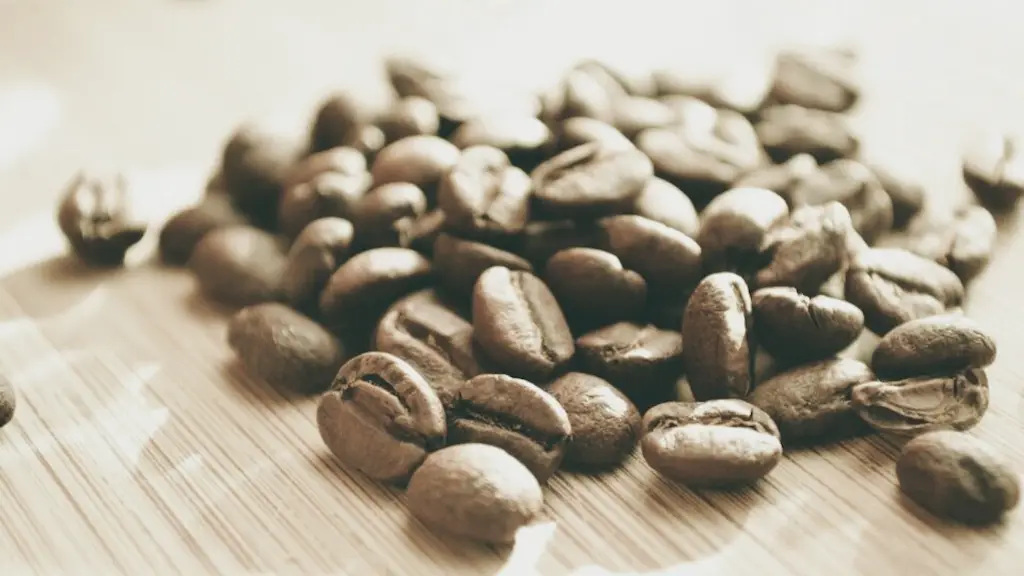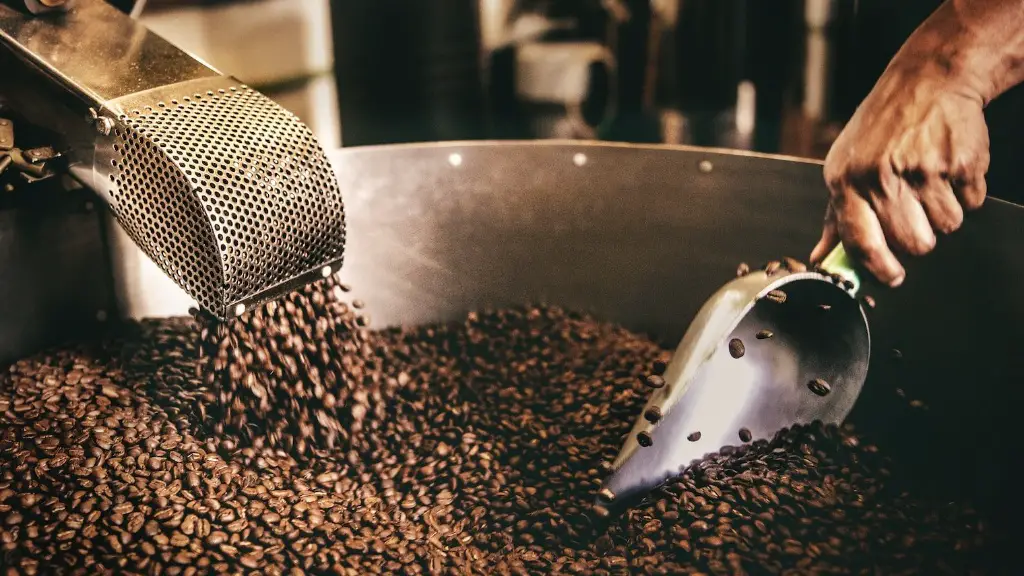Intermittent Fasting and Caffeine Intake
Intermittent fasting is a dietary pattern that has gained much popularity in recent years. It is based on restricting one’s food intake to a particular window of time and fasting for the remaining time. Some of the most popular methods of intermittent fasting include time-restricted feeding (i.e., eating only during certain hours), alternate day fasting, and 5:2 fasting. Research suggests that intermittent fasting may have beneficial effects on metabolic health, cardiovascular health, and longevity. It may also help with weight loss. There is also research into its potential role in reducing inflammation and improving mental health.
When it comes to intermittent fasting and caffeine intake, there is some evidence to suggest that coffee may be helpful in managing the hunger and cravings that tend to accompany fasting. This is because the caffeine in coffee has an appetite-suppressing effect. Additionally, coffee can boost energy levels, allowing for more productivity during a fast. This is because caffeine blocks the effects of adenosine, a neurotransmitter that promotes feelings of sleepiness. Blocking adenosine can make one feel more alert and energized.
However, it is important to note that coffee does contain small amounts of calories. Additionally, some of the research that has evaluated the effects of intermittent fasting and coffee consumption has used decaffeinated versions of the beverage. Therefore, it is recommended to limit one’s intake of coffee if they are following an intermittent fasting plan. Additionally, it is important to ensure that the caffeine consumption is not excessive, as this can have the opposite effect and lead to low energy levels, irritability, and difficulty sleeping.
Benefits of Coffee During Intermittent Fasting
One potential benefit of drinking coffee while following an intermittent fasting plan is that it may help you reduce hunger, making it easier to adhere to the fast. In one study, it was found that consuming caffeine reduced hunger levels, which in turn led to decreases in body weight, waist circumference, and body fat. Additionally, another study suggested that the effects of caffeine on hunger may be greater in women than in men, so this should be considered when evaluating one’s caffeine consumption during a fast.
Furthermore, caffeine in coffee may help to boost one’s metabolism during a fast, which could potentially aid in weight loss. One study found that consuming the beverage after a fast led to an increase in resting metabolic rate, which is the number of calories one burns while at rest. Additionally, the caffeine can boost one’s energy levels and focus, allowing for improved productivity and concentration levels during a fast.
Risks of Coffee During Intermittent Fasting
Although coffee can provide some benefits during intermittent fasting, it is important to note that there are also potential risks. As mentioned previously, coffee does contain a small amount of calories, and drinking too much can add up over time. Therefore, it is important to limit one’s consumption to no more than two or three cups per day. Additionally, depending on one’s sensitivity to the effects of caffeine, drinking too much may lead to irritability, low energy levels, and poor sleep quality.
It is also important to note that black coffee may be preferable to flavored coffees while following an intermittent fasting plan. This is because flavored coffees may contain added sugar, which can add to the total calories one consumes. Additionally, sugar may impede the weight loss goals one seeks to achieve during a fast. Finally, the caffeine in coffee is a diuretic and can lead to dehydration, so ensure to drink plenty of water while following an intermittent fasting plan.
Caffeine Alternatives During Intermittent Fasting
If one is looking for alternatives to coffee while intermittent fasting, there are a few options to consider. For example, one can try tea, as most types of tea (including green tea and black tea) contain caffeine and can therefore help to reduce hunger and improve energy levels. Additionally, herbal teas may provide some health benefits, as many are made from medicinal herbs that are rich in antioxidants.
Theanine is another option for those looking for caffeine-free alternatives. It is an amino acid that can be found in green and black tea, and it has been associated with increased feelings of calm and alertness. Finally, matcha is a powdered form of green tea that is rich in antioxidants and also contains caffeine, so it can be used to reduce hunger and boost energy levels during a fast.
Research on Coffee During Intermittent Fasting
There is a large body of research that has looked at the effects of coffee on individuals who are following an intermittent fasting plan. Several studies have found that it can reduce hunger and boost energy levels. Additionally, studies have found that caffeine can help to boost metabolic rate and even have beneficial effects on weight loss.
However, it is important to note that too much caffeine can have the opposite effect, leading to low energy levels and irritability. Therefore, it is important to monitor one’s intake, especially if they are sensitive to caffeine. Additionally, it is recommended to drink plain black coffee or unsweetened tea and to try caffeine-free alternatives such as theanine and herbal teas.
Experts’ Recommendations on Coffee During Intermittent Fasting
Experts recommend that those who are following intermittent fasting should think about their overall caffeine intake and the type of beverages they are consuming. Although coffee can have some benefits during a fast, too much can lead to low energy levels, irritability, and poor sleep quality. Therefore, it is important to limit consumption to no more than two or three cups per day. Additionally, it is recommended to use plain black coffee or unsweetened tea, and to try caffeine-free alternatives such as theanine and herbal teas.
How Coffee Can Aid in Intermittent Fasting Success
Although coffee can provide some benefits during intermittent fasting, it is important to ensure that one monitors their caffeine intake. Additionally, it is important to ensure that any caffeine-containing beverages used are unsweetened. Coffee can reduce hunger and boost energy levels, both of which can help one to adhere to their fasting plan. Additionally, coffee can boost metabolic rate, allowing for more efficient weight loss.
For these reasons, coffee can be a useful tool for those looking to successfully follow an intermittent fasting plan. However, it is important to note that caffeine sensitivity does vary from person to person, and too much may lead to adverse effects. Therefore, it is important to consider one’s overall caffeine intake and to use plain coffee or unsweetened tea instead of flavored coffees and drinks. Additionally, caffeine-free alternatives such as theanine and herbal teas can provide additional benefits and should be considered.
Conclusion of Coffee During Intermittent Fasting
In conclusion, coffee can be a useful tool for those following an intermittent fasting plan, as it can reduce hunger, boost energy levels, and even boost metabolic rate. Additionally, its appetite-suppressing effects can help one to adhere to the fast. However, it is important to monitor one’s caffeine intake, as too much can lead to adverse effects. Therefore, it is recommended to limit consumption to no more than two or three cups per day and to use plain black coffee or unsweetened tea. Additionally, caffeine-free alternatives such as theanine and herbal teas can provide additional benefits and should be considered.


